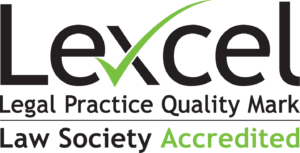Mandatory relief from business rates is available to charities where the rate payer is a charity and the property is wholly or mainly used, for charitable purposes. The relief is 80% and local authorities can grant a further 20% discretionary relief.
In a recent case – Kenya Aid Programme v Sheffield City Council – the High Court upheld the appeal of a charity ordered to pay business rates for its use of a warehouse. The charity had entered into a mutually beneficial arrangement with the landlord to occupy the property to mitigate rates.
This case has clarified how, for charities, the test for mandatory relief from business rates should be applied, and that for the relief to apply, a charity must be able to demonstrate that it is wholly, or mainly, using the premises for charitable purposes (occupation is not sufficient).
Neither the fact that the local authority may consider such an arrangement to be a contrivance to avoid rates, nor the fact that the charity could make more efficient use of the property, is relevant to the application of the test.
From April 2013, rating authorities can keep half of any increases in business rates revenue they generate to invest in local services. This could mean they start to challenge mutually convenient charitable occupation arrangements more aggressively.
Charities that have entered, or are considering entering into such arrangements, should ensure their use of premises clearly fulfils the test for the mandatory business rates relief to apply. It would be wise to secure an indemnity from the landlord to cover the charity’s potential exposure to business rates liability should any claims for relief be successfully challenged by a rating authority.
If we can be of help to you or if you would like to discuss this in more detail please contact our charities and not-for-profit team.
Disclaimer: All legal information is correct at the time of publication but please be aware that laws may change over time. This article contains general legal information but should not be relied upon as legal advice. Please seek professional legal advice about your specific situation - contact us; we’d be delighted to help.












